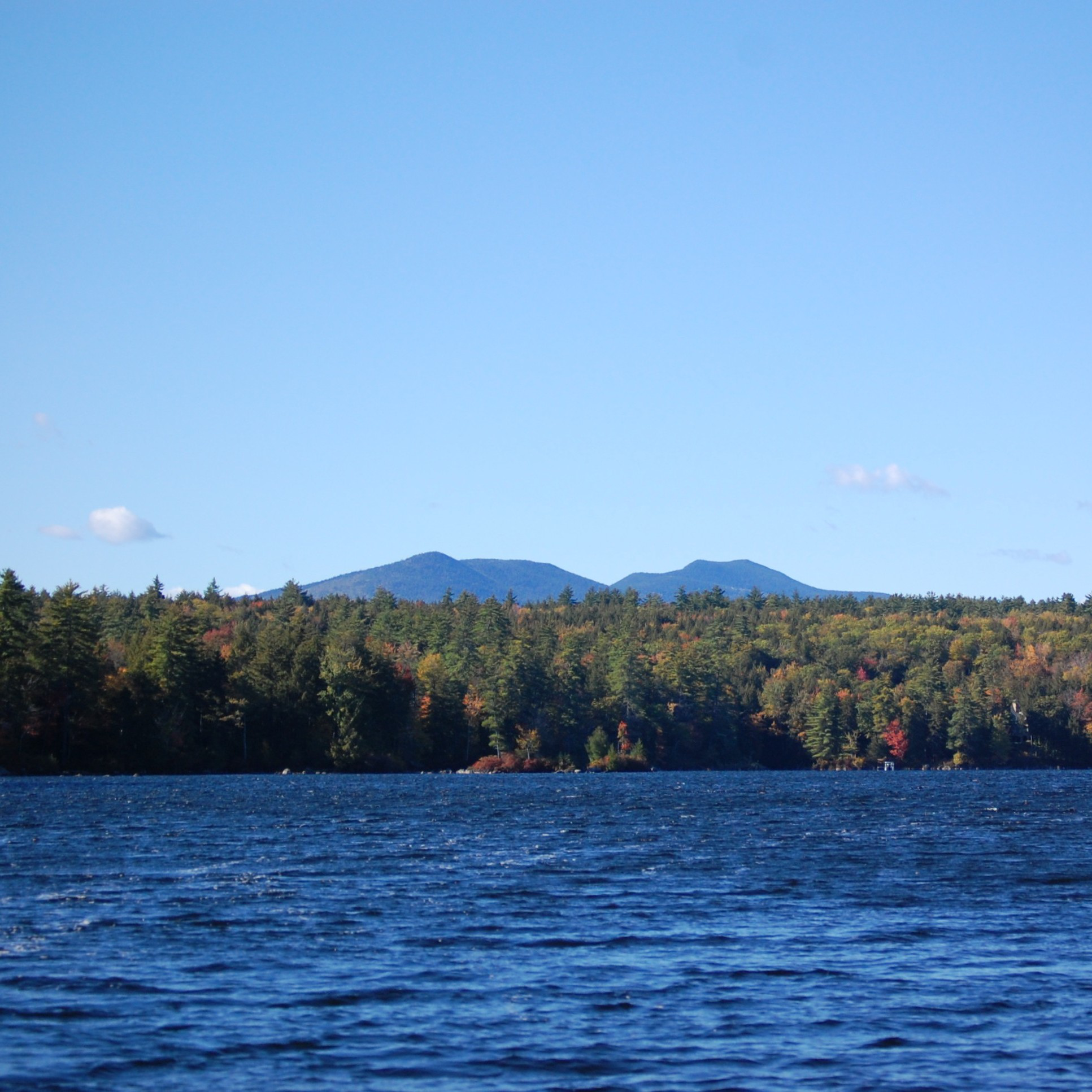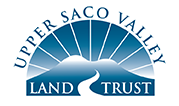Davis Pond
Thirty-one years ago, on a crisp New Hampshire day, Beth Blankenstein stood at a town auction, raised her hand to bid, and purchased 20 acres of quiet wetlands and forest near Davis Pond. Her goal was simple and heartfelt: to keep the land safe.
“I bought the land largely to preserve the wetlands, wildlife habitat and the waters of Davis Pond and along Pequawket Brook,” Beth stated. She wanted to preserve the beautiful wetlands and waterfrontage she loved for future generations. The only way she knew how to do this was to hold onto it herself, turning away offers from would-be developers and keeping the property to preserve its natural beauty.
For over 30 years, Beth did just that. “I have received numerous offers to purchase this land each year,” she said, “and knowing that there is pressure on landowners to sell, I became interested in ensuring protection through conservation for the future, beyond my lifetime.”
Ensuring it will be loved by many
When Beth reached out for help, she had a clear vision for her land and wanted to be sure it would be cared for in the right way. Working together with the Green Mountain Conservation Center and Upper Saco Valley Land Trust, she explored the best path forward. In the end, Beth chose to donate her wetland property so it could become a USVLT preserve—an informal extension of the Chain of Ponds Community Forest. The land will now be owned and managed by USVLT as part of the larger Chain of Ponds ecological system, helping to maintain water quality throughout the region and strengthening the network of conserved lands in the Mount Washington Valley.
In addition to being beautiful, the wetlands are essential to the health of the land and water around them. These areas soak up rainfall during storms, reducing flooding downstream and helping to replenish groundwater. They also provide habitat for pitcher plants, grand silver maples, great blue herons, and spring peepers, species that rely on clean water and protected places to thrive. Perhaps most importantly, this wetland acts as a natural filter and buffer, protecting nearby Davis Pond — a small lake almost entirely surrounded by development — from harmful runoff.
Because of Beth’s vision and persistence, the landscape will remain a special place for wildlife and our community for generations to come.
“I am thankful for the opportunity to ensure that this land will be conserved for the future,” Beth said.
Thanks to her gift, the still waters of Davis Pond will continue to mirror the sky — peaceful, protected, and enduring.


